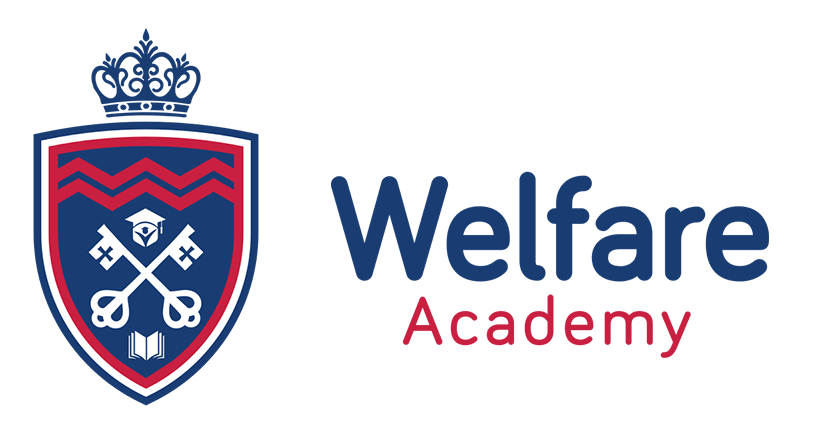This comprehensive course delves into the principles and practices of end-of-life care, focusing on providing dignity, comfort, and holistic support to individuals nearing the final stages of life. Through case studies, real-world applications, and expert insights, learners will develop an in-depth understanding of the physical, emotional, psychological, spiritual, and cultural dimensions of end-of-life care. The course highlights essential topics such as effective communication, family involvement, symptom management, advance care planning, and supporting carers in the care process.
Learners will explore strategies for addressing complex ethical dilemmas and navigating sensitive conversations with patients, families, and multidisciplinary teams. Emphasis is placed on understanding the diverse needs of individuals from different cultural and religious backgrounds, ensuring that care is personalized and respectful of each person’s beliefs, preferences, and values. Additionally, the course covers key aspects of grief and bereavement, equipping learners with the knowledge to provide compassionate support to both patients and their families during and after the end-of-life journey.
Designed for professionals working in or entering the health and social care sectors, this course empowers learners to make informed, empathetic decisions that prioritize the comfort, well-being, and dignity of individuals facing the end of life. By combining theoretical knowledge with practical skills, participants will gain the confidence to deliver high-quality care that promotes a peaceful and respectful transition for individuals in their final stages of life, while also supporting their families and carers.


